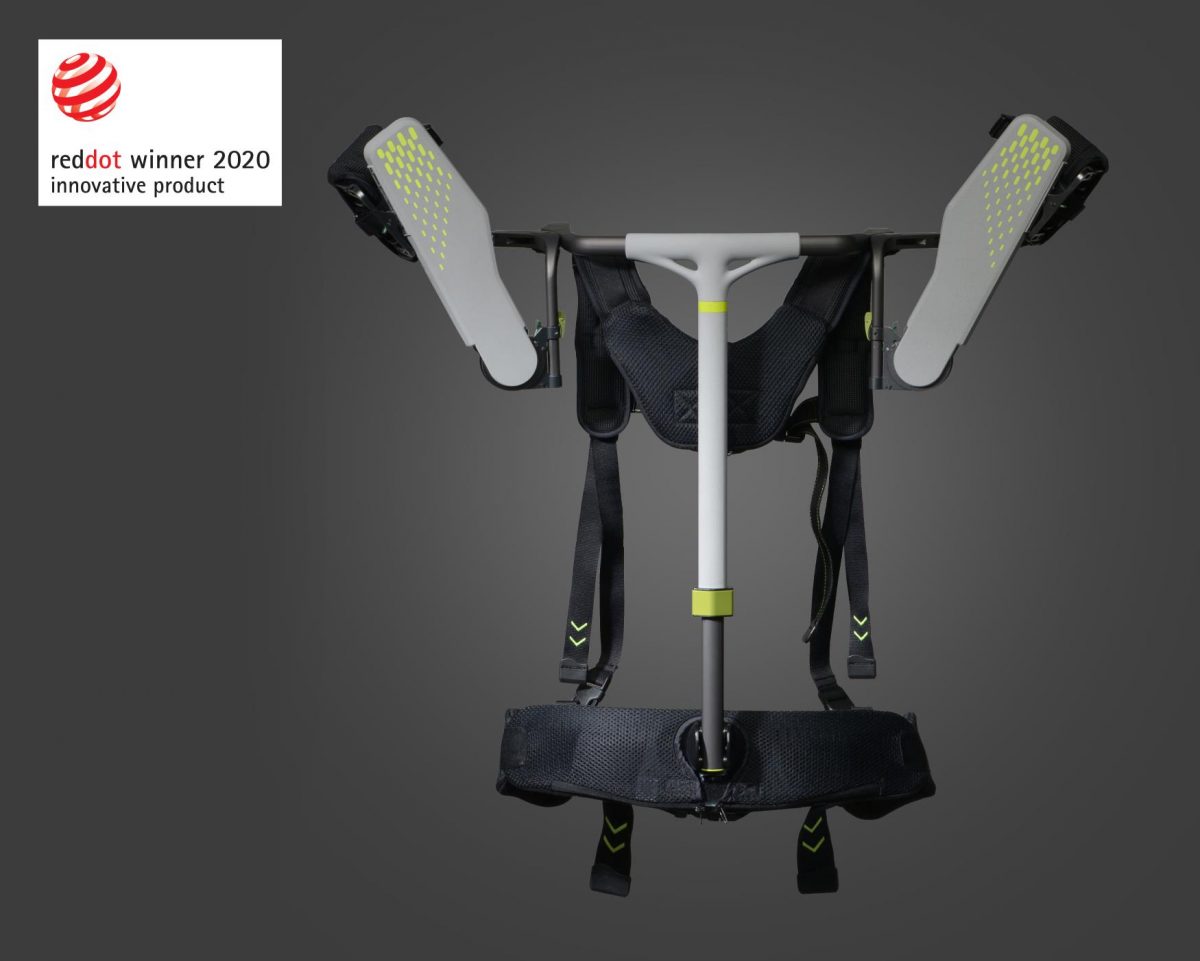Hyundai Exoskeleton wearable robot wins Red Dot Innovation Design Award
Hyundai Motor Group’s latest exoskeleton wearable robot, Vest Exoskeleton (VEX), has won the Product Design category (Innovative Product field) at the Red Dot Design Awards, the prestigious international design competition, now in its 60th year.
VEX was developed in line with Hyundai Motor Group’s commitment to the health and safety of its industrial workers. It is designed to prevent injuries while advancing the field of robotics, earning praise from the Red Dot Design Awards’ panel of judges.
“This award is a testament to the collaboration between Robotics Lab and Hyundai Design Center,” said Dong Jin Hyun, Head of Robotics Lab at Hyundai Motor Group. “Under Hyundai’s brand vision of “Progress for Humanity”, our lab has been trying to pioneer robotics through converging various technologies. With the success of and recognition on VEX, Hyundai will continue developing novel products that will provide people with better life quality.”
The compact design is achieved using the latest technology that eliminates the need for a battery. VEX, which wears like a backpack, utilizes a polycentric axis to provide a maximum force of 5.5 kgf—an astonishing achievement given it weighs only 2.8 kg.
VEX is designed primarily for production-line workers who need to work with their hands above their heads, usually on the underside of vehicles on the assembly line. VEX has already won the hearts of workers who have used it. Hyundai Motor Group ran pilot programs in its U.S. plants, receiving positive feedback from the workers as it reduced fatigue in their arms and shoulders while boosting productivity and safety.

In addition to VEX, Hyundai Motor Group is working on another lightweight wearable robot, Chairless Exoskeleton (CEX). With CEX, workers can easily maintain a sitting position without a stool or chair. Besides, Hyundai Motor Group unveiled Medical Exoskeleton, MEX. Building on these wearable robots, Hyundai Motor Group plans to develop additional ones that will enhance productivity and work safety as well as support rehabilitation of injured patients.
The Group is considering implementing VEX in plants around the world. Hyundai Rotem will be in charge of the commercial production, expected to cost as much as 30 percent less than existing products.





























